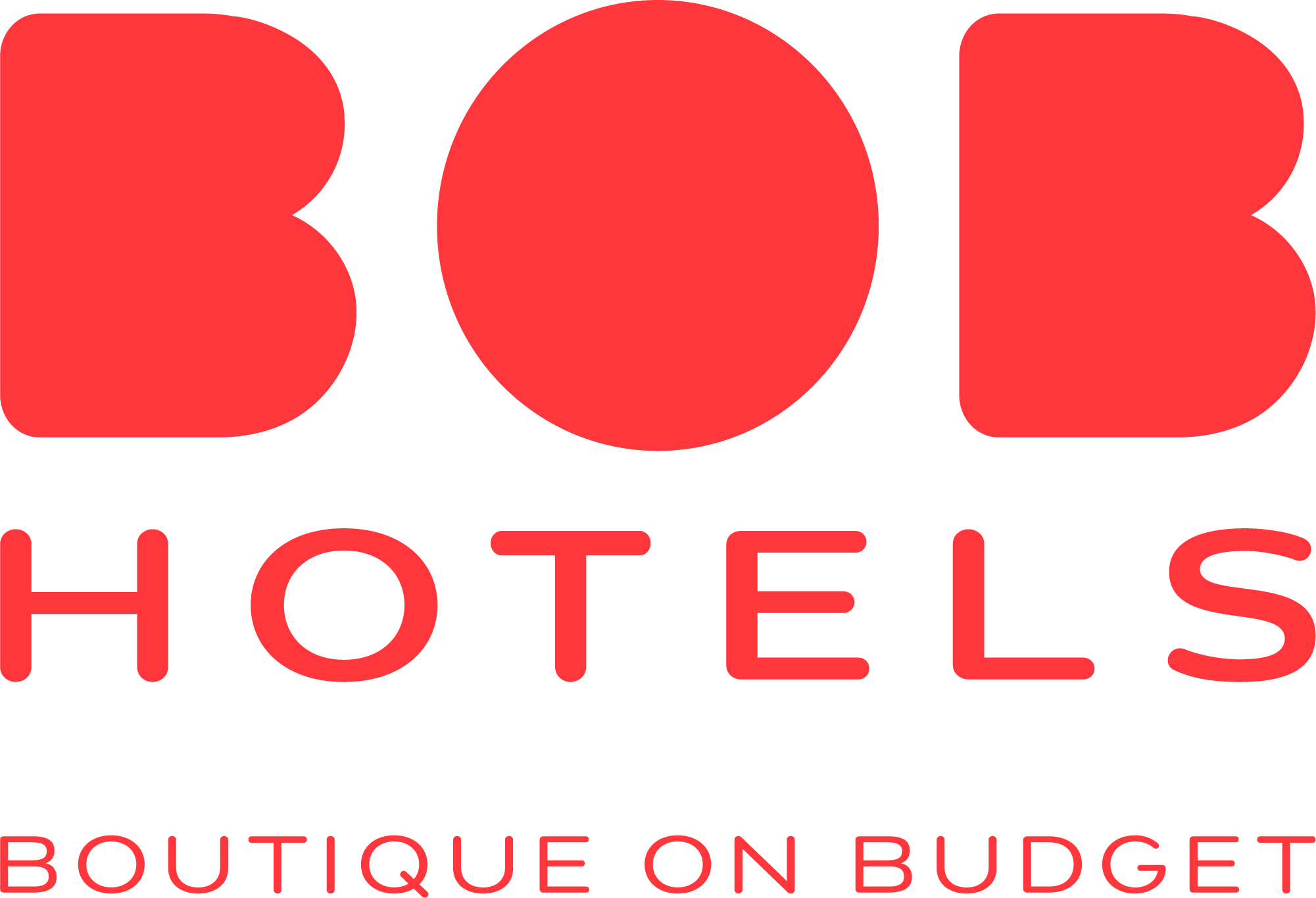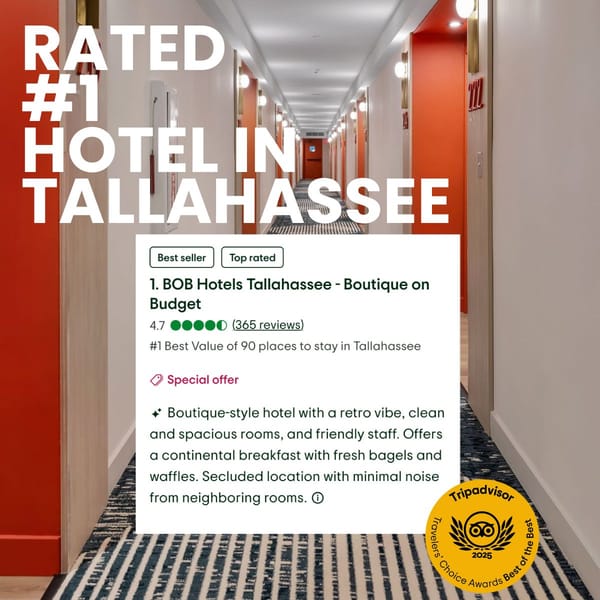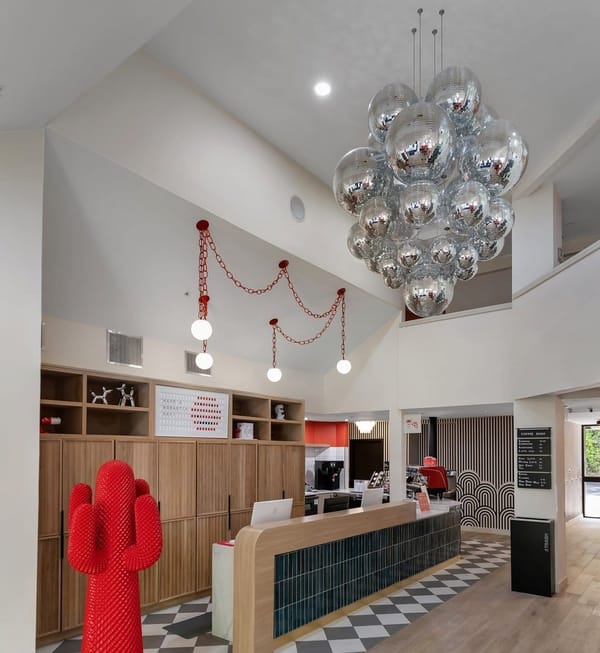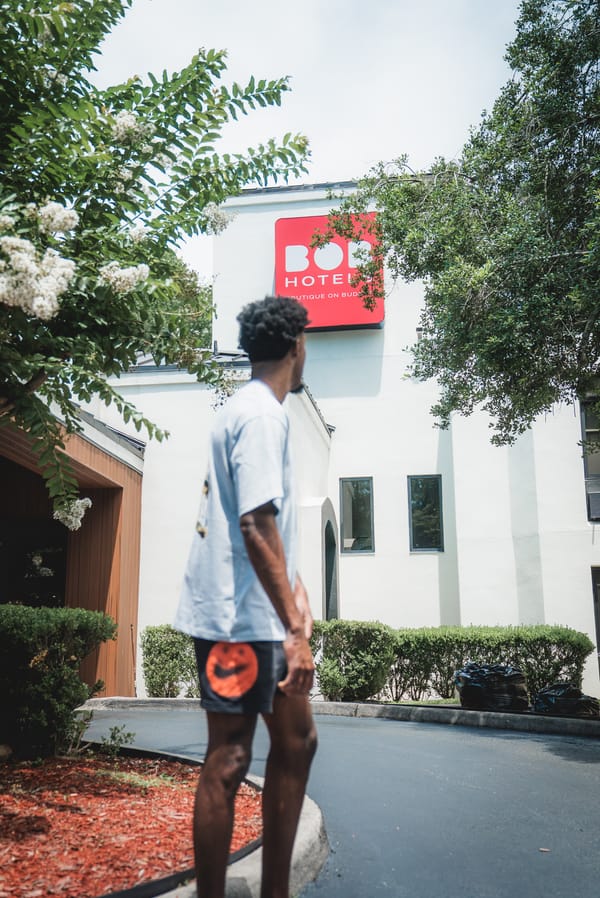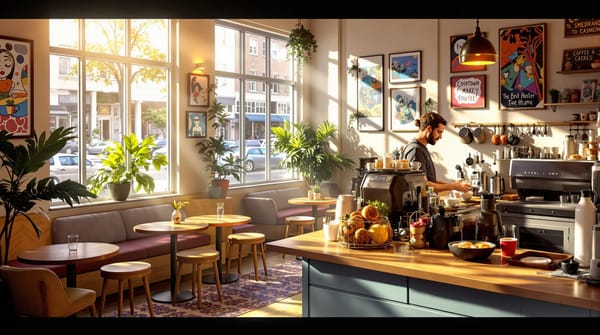5 Tips for Aligning Hotel Events with Campus Schedules
Aligning hotel events with university schedules can enhance bookings and strengthen partnerships while optimizing revenue strategies.

Want to boost hotel bookings near universities? Sync your events with campus schedules. By aligning with academic calendars, you can attract more guests, increase revenue, and strengthen ties with universities. Here’s how:
- Understand Academic Calendars: Identify key dates like graduations, exams, and breaks to plan events around peak demand.
- Align with Milestones: Offer packages for graduations and support university conferences to fill rooms year-round.
- Collaborate with Universities: Partner with campus departments and event planners for better coordination and tailored packages.
- Plan for Seasonal Changes: Adjust pricing and promotions based on academic seasons to maintain steady bookings.
- Leverage Technology: Use event management tools and digital marketing to streamline operations and reach university audiences.
These strategies help hotels stay relevant, attract university visitors, and maintain occupancy throughout the year.
Related video from YouTube
1. Understand University Academic Calendars
University academic calendars typically follow a semester-based structure, offering predictable timelines that hotels can use for planning. Knowing these schedules helps hotels align their events with peak demand, boosting occupancy and revenue.
1.1 Identify Key Dates
Key academic periods can significantly impact hotel bookings and event planning:
| Academic Period | Typical Duration | Planning Notes |
|---|---|---|
| Fall Semester | 15 weeks | Includes Thanksgiving Break |
| Spring Semester | 15 weeks | Includes Spring Break |
| Final Exams | 2-3 weeks per semester | Increased demand for accommodations |
| Winter Break | 3-4 weeks | Opportunity for off-season events |
| Summer Session | Variable | Ideal for conferences and workshops |
These periods play a big role in visitor traffic. For example, hotels like BOB Hotels Tallahassee use these schedules to fine-tune their event planning and optimize room availability.
1.2 Monitor University Updates
Stay informed by regularly checking university websites, subscribing to newsletters, and maintaining communication with campus coordinators. Since academic calendars are often planned years in advance [1], hotels can design targeted event packages and marketing campaigns around these schedules.
If your hotel is near multiple universities, track each school's calendar individually to avoid overlaps. Once you’ve pinpointed the key dates, you can align your events with these milestones to drive attendance and engagement.
2. Align Events with Major Academic Milestones
Timing hotel events to coincide with key academic milestones can lead to more bookings and increased revenue.
2.1 Plan for Graduations and Convocations
Graduation season is a great time for hotels to attract families and friends visiting to celebrate their loved ones. Offering packages specifically designed for this occasion can make your property stand out.
Here are some ideas for graduation packages:
| Package Feature | Description | Guest Perks |
|---|---|---|
| Room Blocks | Group-rate rooms reserved for attendees | Guaranteed bookings during busy times |
| Event Spaces | Reception or celebration areas | Extra revenue from event hosting |
| Special Services | Perks like flexible check-in and welcome gifts | A more enjoyable stay for guests |
| Transportation | Shuttle service to graduation venues | Convenient travel for attendees |
For example, BOB Hotels Tallahassee offers graduation packages that include comfortable rooms and special celebration dinners. This not only helps families create lasting memories but also boosts hotel revenue.
2.2 Support University Conferences
Academic conferences can bring in consistent business and foster long-term relationships with universities. These events often happen during quieter seasons, helping to fill rooms year-round.
Work with university departments to create conference packages that meet their needs. Include features like flexible meeting spaces, catering options, and reliable tech setups. Offering competitive rates for extended stays can also attract more attendees.
For instance, scientific conferences may require specialized equipment, while humanities events might focus on breakout rooms for discussions. Tailoring your offerings to the specific needs of these events can make your hotel a preferred choice for academic gatherings.
3. Collaborate with University Departments
Partnering with university departments can help hotels align with campus events and maintain a steady flow of business throughout the academic year. Strong collaboration ensures that both parties are on the same page and ready to meet each other's needs.
3.1 Communicate with Campus Event Planners
Start by identifying key university contacts and setting up regular check-ins, like quarterly meetings. These conversations can help you stay informed about upcoming events and improve coordination.
| Communication Strategy | Purpose | Outcome |
|---|---|---|
| Quarterly Meetings | Discuss upcoming academic events | Better preparation |
| Shared Calendar & Updates | Track dates and share availability | Easier scheduling |
| Direct Contact Channel | Handle urgent matters | Faster response times |
Keeping communication open and consistent makes it easier to plan ahead and avoid last-minute surprises.
3.2 Create Tailored Packages
With a clear communication system in place, use the insights you’ve gained to design packages that cater to the specific needs of various university departments.
| Department Type | Package Features | Benefits |
|---|---|---|
| Conference Services | Meeting spaces, tech setup | Dedicated coordinator, flexible check-in |
| Athletics | Team room blocks, meal planning | Group transportation options |
| Academic Departments | Lecture halls, study areas | Priority booking windows |
Customizing packages based on the department's needs and budgets can make your offerings more appealing. Work closely with department heads to ensure your packages align with their schedules and requirements. Flexibility and personalization go a long way in building lasting relationships.
4. Plan for Seasonal Academic Variations
Tuning into the university calendar allows hotels to stay relevant and appeal to their core audience while adjusting strategies throughout the year.
4.1 Adjust for Seasonal Changes
Universities experience predictable seasonal shifts that impact hotel demand. By using dynamic pricing, hotels can better navigate these fluctuations.
| Season | Focus Areas | Suggested Actions |
|---|---|---|
| Fall/Spring | Academic events, parent visits | Premium pricing, tailored packages |
| Summer | Summer programs, conferences | Competitive rates, flexible meeting spaces |
| Winter | Holiday events, local activities | Discounted packages, partnerships with local businesses |
| Graduation | Celebrations, family visits | Early booking deals, premium pricing, added perks |
For example, BOB Hotels Tallahassee keeps rates competitive during high-demand academic seasons and offers special packages during slower periods to maintain consistent bookings.
4.2 Organize Off-Season Events
When students leave for academic breaks, hotels can shift their focus to local and regional guests by hosting events tailored to their needs.
| Event Type | Audience | Best Timing |
|---|---|---|
| Corporate Retreats | Business professionals | Winter/Summer breaks |
| Family Reunions | Local families | Holiday periods |
| Cultural Festivals | Community members | Between semesters |
| Professional Workshops | Industry professionals | Summer sessions |
Using historical data and market trends can fine-tune event planning and pricing. Regularly tracking occupancy and revenue ensures strategies improve over time.
5. Use Technology for Event Coordination
Technology has reshaped how hotels manage events in sync with academic calendars, making operations smoother and more efficient.
5.1 Use Event Management Tools
Event management platforms simplify tracking academic events and managing reservations. Tools like Bizzabo and AllSeated handle repetitive tasks and ensure schedules remain accurate.
| Tool Function | Advantages | Tips for Use |
|---|---|---|
| Scheduling and Reservations | Simplifies bookings, syncs calendars automatically | Enable automated confirmations |
| Resource Planning | Optimizes space and staff use | Keep availability updated in real-time |
| Analytics Dashboard | Helps refine strategies using attendance data | Review trends on a monthly basis |
For example, BOB Hotels Tallahassee uses event software to align with Florida State University's calendar, ensuring rooms are available for important dates.
5.2 Promote Events Digitally
Digital marketing opens direct communication channels with university audiences. Focus on platforms where your target groups are most engaged.
Here are some effective strategies:
- Leverage social media and email campaigns to share event details with students, faculty, and parents. For instance, post Instagram updates about local university events.
- Use apps that provide event information and allow easy registration, simplifying the planning process for guests.
- Track engagement metrics to fine-tune your promotional efforts.
Consistency is key. Keep your messaging uniform across all platforms and regularly update your audience about upcoming events and university-related promotions. This approach helps sustain interest throughout the academic year.
Conclusion: Benefits of Aligning Hotel Events with Campus Schedules
Coordinating hotel events with campus schedules is a smart way to boost revenue, streamline operations, and build stronger connections with academic institutions. This approach helps hotels align their services with the needs of universities while fostering long-term partnerships.
Here’s a quick overview of how this alignment benefits both hotels and universities:
| Area of Focus | Impact | Result |
|---|---|---|
| Calendar Coordination | Better event timing | Increased attendance and resource use |
| Collaboration | Stronger university ties | More access to campus-hosted events |
| Technology Integration | Simplified operations | Enhanced guest experience |
| Seasonal Planning | Steady year-round occupancy | Consistent revenue throughout academic cycles |
By focusing on areas like calendar coordination, university partnerships, and operational technology, hotels can better meet the needs of academic communities while ensuring financial stability. These strategies offer a clear path for integrating hotel plans with academic schedules effectively.
To succeed, hotels need to stay updated on university calendars and maintain open lines of communication with campus event planners. This forward-thinking approach allows them to adapt quickly to changes and take advantage of new opportunities.
Hotels that make academic alignment a priority can not only improve guest satisfaction but also establish themselves as reliable partners within the university ecosystem.
